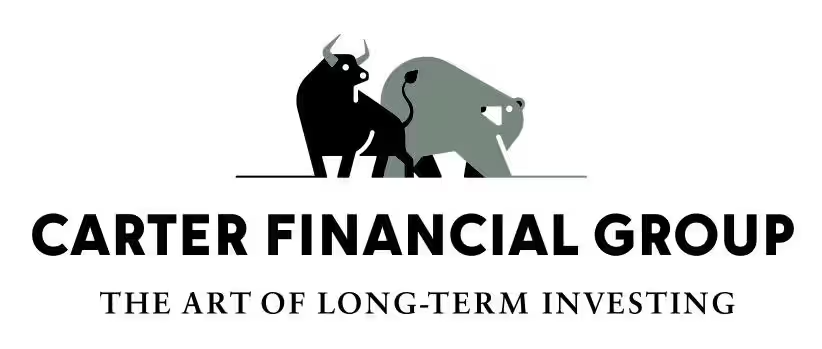Investment advice tailored to your goals, risk, and values.
Key Elements of a Strategic Investment Plan
Investment Planning is a key component of a comprehensive financial strategy. It involves understanding your unique needs, goals, and circumstances to create a plan that supports your long-term financial health. Whether you're preparing for retirement, navigating a major life event, or building wealth, what is investment planning? helps ensure you're making informed decisions. At Carter Financial Group, we provide guidance tailored to your specific situation, combining expert knowledge with a personalized approach. Our goal is to help you feel confident about your financial future. Through thoughtful planning and ongoing support, we help turn your goals into actionable, achievable steps.
Investment Planning is a key component of a comprehensive financial strategy. It involves understanding your unique needs, goals, and circumstances to create a plan that supports your long-term financial health. Whether you're preparing for retirement, navigating a major life event, or building wealth, investment planning helps ensure you're making informed decisions. At Carter Financial Group, we provide guidance tailored to your specific situation, combining expert knowledge with a personalized approach. Our goal is to help you feel confident about your financial future. Through thoughtful planning and ongoing support, we help turn your goals into actionable, achievable steps.
Smart investment planning goes hand in hand with tax efficiency. At Carter Financial Group, we help you evaluate the tax impact of your investment choices—whether you're considering capital gains, dividends, or income from taxable accounts. Our goal is to maximize your after-tax returns by incorporating tax-loss harvesting, asset location strategies, and retirement planning into your overall investment strategy. By being intentional with tax planning, we help you keep more of what you earn and stay aligned with long-term goals.
While many of us don’t realize it, we are constantly engaged in subconscious acts of investment planning. We plan how we can best invest the limited time we have at our disposal. Would the 2-hours we have best be spent visiting a friend at the hospital, or would it be better invested, say, by taking in that ball game? We do some longer-term planning too: Does it pay to invest the effort studying for a degree in Arts, or would we get a better return studying to pass the Bar exam?
So, why don’t we invest the time planning our investments?
